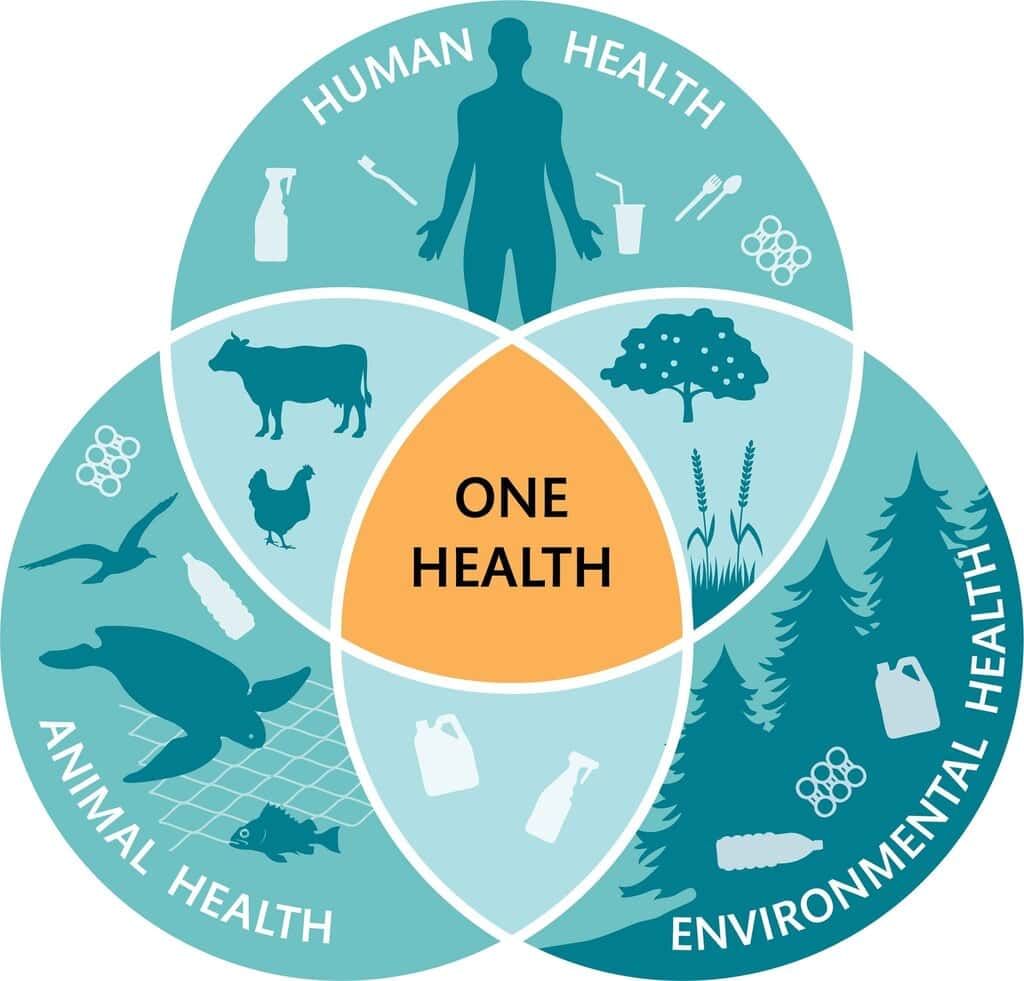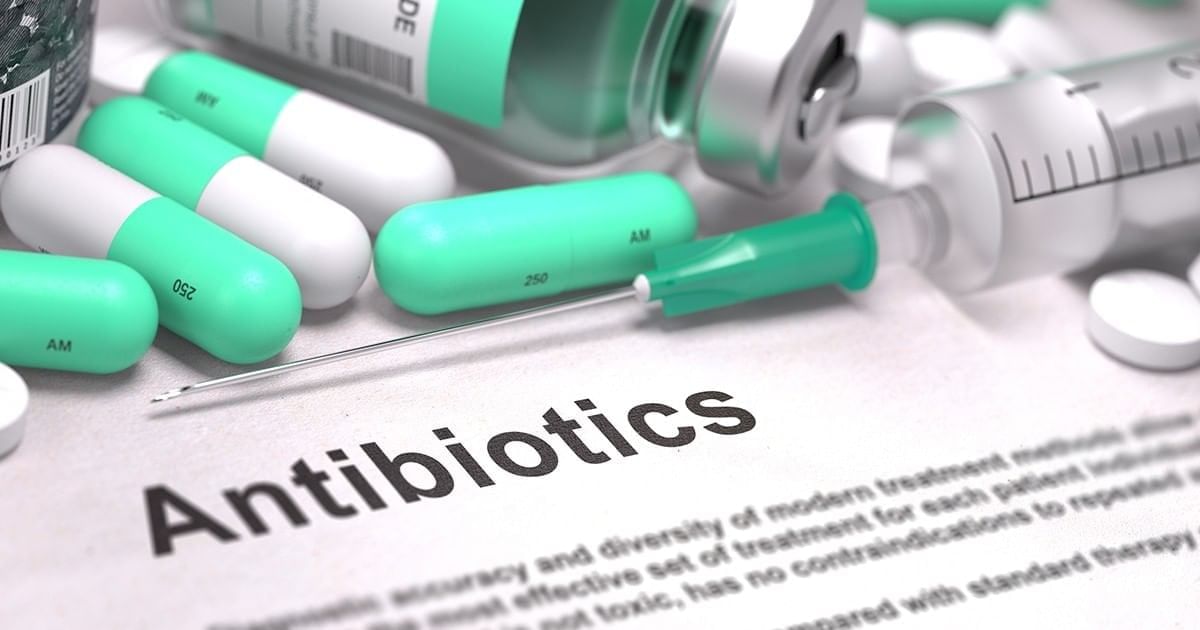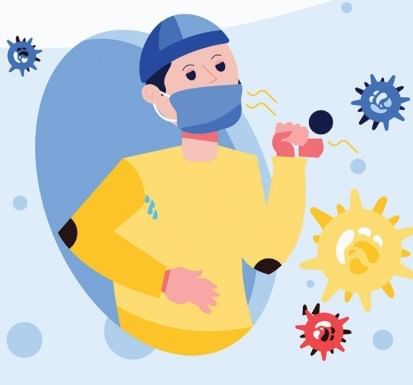Unit Test: Health: The Ultimate Treasure | Science Curiosity Class 8 - New NCERT PDF Download
Time: 1 hour
M.M. 30
Attempt all questions.
- Question numbers 1 to 5 carry 1 mark each.
- Question numbers 6 to 8 carry 2 marks each.
- Question numbers 9 to 11 carry 3 marks each.
- Question numbers 12 & 13 carry 5 marks each.
- 1-mark questions include MCQs.
Q1: According to WHO, health is (1 Mark)
(i) the absence of disease only
(ii) complete physical, mental, and social well-being
(iii) physical fitness only
(iv) freedom from hospital visits

Q2: Which of the following is a non-communicable disease? (1 Mark)
(i) Measles
(ii) Typhoid
(iii) Diabetes
(iv) Chickenpox
Q3: Which measure most directly reduces transmission of diseases spread by air? (1 Mark)
(i) Boiling water
(ii) Using mosquito nets
(iii) Wearing masks in crowded places
(iv) Deworming tablets
Q4: Which statement about antibiotics is correct? (1 Mark)
(i) They work against bacteria, not viruses
(ii) They cure viral colds
(iii) They replace vaccines
(iv) They prevent vector-borne diseases

Q5: Which prevention is most relevant for dengue? (1 Mark)
(i) Boiling drinking water only
(ii) Using mosquito nets and eliminating stagnant water
(iii) Wearing woollens
(iv) Taking antibiotics
Q6: Distinguish between “signs” and “symptoms” with one example each. (2 Marks)
Q7: List two daily habits that promote mental health in students. (2 Marks)
Q8: State two differences between communicable and non-communicable diseases. (2 Marks)
Q9: A classmate has a cold and is still attending school coughing and sneezing. What can the school and students do immediately to reduce spread? (3 Marks)

Q10: Explain why contaminated water increases risk of cholera and typhoid and list two preventive steps for each. (3 Marks)
Q11: Why is prolonged screen time a health concern in children? Mention three possible effects and one mitigation each. (3 Marks)
Q12: (a) Explain how vaccines prevent disease.
(b) Why are vaccines called “preventive, not curative”?
(c) Give two examples of childhood vaccines and the diseases they prevent. (5 Marks)
Q13: (a) What is antibiotic resistance and how does it develop/spread?
(b) List four do’s/don’ts for responsible antibiotic use. (c) Why don’t antibiotics treat flu? (5 Marks)
|
54 videos|234 docs|13 tests
|
FAQs on Unit Test: Health: The Ultimate Treasure - Science Curiosity Class 8 - New NCERT
| 1. What is the importance of maintaining good health during adolescence? |  |
| 2. What are some key components of a balanced diet for students? |  |
| 3. How can physical activity contribute to better health in students? |  |
| 4. What are the risks associated with unhealthy eating habits among adolescents? |  |
| 5. How does mental health influence overall well-being in students? |  |
















